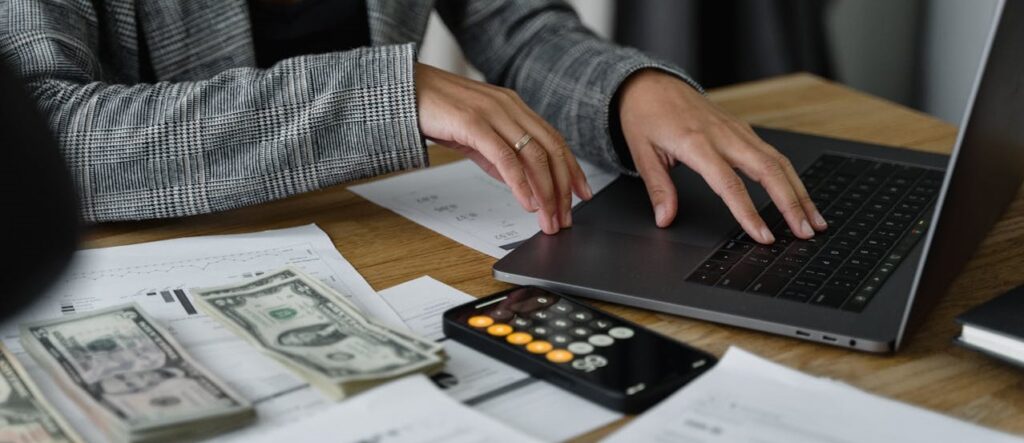By Livy Beaner // SWNS
NEWS COPY W/ VIDEO + INFOGRAPHIC
Nine-to-five businesses aren’t ‘good enough,’ suggests a new study. Instead, Americans want businesses to operate 24/7.
A poll of 2,000 U.S. adults found that when it comes to their local necessities, people want their grocery stores (56%), pharmacies (54%) and even their banks (24%) to stay open around the clock.
Over half (55%) use a number of services in their neighborhood that are only open during their working hours. The biggest offenders are banks (39%), post offices and shipping centers (38%), dentists (34%) and primary care doctors (34%).
If they need to make it to those places, many will make sacrifices in their day, such as taking PTO from work (31%) or taking unpaid leave time from work (29%).
Half (53%) also said they’re more likely to take where businesses are located into consideration than the cost (35%) and the convenience (34%) of businesses.
Commissioned by Chime in partnership with the Financial Technology Association and conducted by Talker Research, results found banks in particular were hard for the average person to access.
The average person goes to physical banks just twice per month, and their use is impacted by their bank’s hours of operation (36%), where it’s located (36%) and what it costs to get there (18%).
Close to two-thirds (63%) said they find digital banking apps more convenient than their in-person bank (28%). On average, they use digital banking or financial apps four times per week.
Over half (59%) of digital financial users said they have more control over their finances when they use a banking or financial app. And many prefer it over physical banks because it saves them time (66%) and allows them to not leave their home (56%).
“You don’t need a physical bank branch to feel confident with your money. While data shows that many Americans choose to use digital banking instead of traditional branches, it’s clear that access looks different for everyone,” said Janelle Sallenave, Chime’s Chief Experience Officer. “If your bank is inconveniently located or only open when you’re already at work, there are better ways to maintain control of your finances today and tomorrow.”
The study also looked into how familiar Americans are with the concept of living in a “banking desert.”
Similar to more commonly known “food deserts,” banking deserts were defined as areas without a physical bank in a 10-mile radius, populated by more than 4,000 people.
Only 22% said they were familiar with what they were, while 61% were not.
And while 57% said they’ve never lived in one or know anyone who has lived in one, 19% either currently do or have in the past. A further 6% claimed they know someone who currently or previously lived in one.
Nearly a quarter (23%) admitted if they didn’t have access to a physical bank, like in a banking desert, it would have a big impact on how they manage their finances.
“Financial technology is a lifeline for people living in banking deserts,” said Penny Lee, President and CEO of the Financial Technology Association. “Digital financial – or fintech – tools make it possible for anyone, anywhere, to manage, save, send, and invest their money with confidence.”
TOP 7 PLACES PEOPLE THINK SHOULD BE OPEN 24/7
- Grocery store - 56%
- Pharmacy - 54%
- Primary care doctor - 29%
- Post office - 24%
- Bank - 24%
- Dentist - 19%
- Auto shop/mechanic - 18%
Survey methodology:
This random double-opt-in survey of 2,000 general population Americans was commissioned by Chime and the Financial Technology Association between May 14 and May 20, 2024. It was conducted by market research company Talker Research, whose team members are members of the Market Research Society (MRS) and the European Society for Opinion and Marketing Research (ESOMAR).
